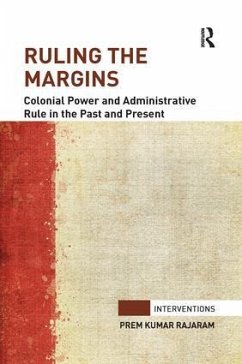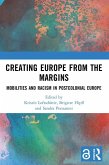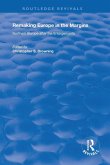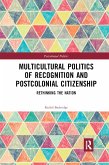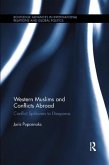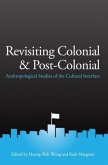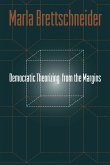Administrative rule is a type of rule centered on devising and implementing regulations governing how we live and how we conduct ourselves economically and politically, and sometimes culturally. The principle feature of this type of rule is the important question about how things should be arranged and for what purpose becomes a bureaucratic matter. Histories of the global south are rarely used to explain contemporary political structures or phenomena. This book uses histories of colonial power and colonial state-making to shed light on administrative government as a form of rule. Prem Kumar Rajaram eloquently presents how administrative power is a social process and the authority and terms of rule derived are tenuous, dependent on producing unitary meaning and direction to diverse political, social and economic relationships and practices.
Hinweis: Dieser Artikel kann nur an eine deutsche Lieferadresse ausgeliefert werden.
Hinweis: Dieser Artikel kann nur an eine deutsche Lieferadresse ausgeliefert werden.

